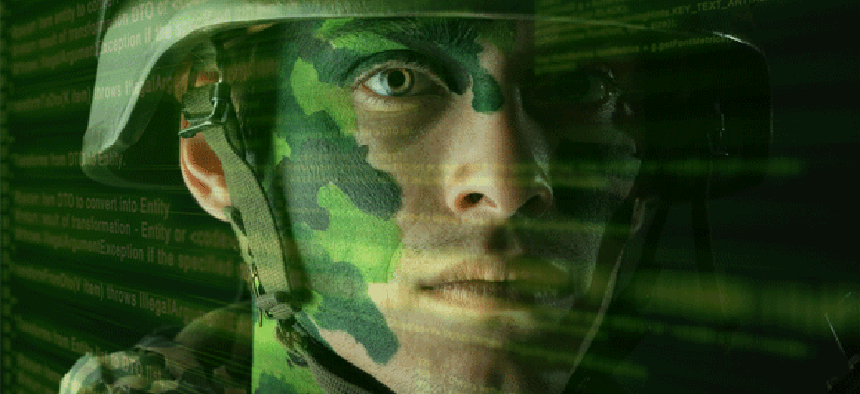NetForce becoming reality, minus the kill switch?


Connecting state and local government leaders
New technologies can help in defending the country's networks and critical infrastructure, but you also need manpower.
I’m a little embarrassed to say that I was probably one of the only people who enjoyed the 1999 made-for-TV movie, “NetForce,” based on the books by Tom Clancy. Set in the future date (at the time) of 2005, it follows a special division of the FBI, the NetForce, as they try and stop cybercrime and terrorist actions.
It was for me an exciting look at what might have been a good career in the federal government. Too bad they got almost all their technology predictions wrong, including the one where the president had a cutoff switch for the entire Internet sitting inside his top desk drawer, though that idea has been batted around a bit from time to time.
Of course, the Internet in the United States developed and thrived without a special division of federal cops to police it. While I think that would have been a pretty awesome job that I missed out on, I’m actually more disappointed that such a force was never deployed because there isn’t really too much to keep us safe from a major full-scale cyber attack.
So I was glad to see this week that the government is actually starting to take the threats from cyberspace more seriously, ramping up its Cyber Command with 4,000 new personnel, up from about 900 they have manning it today. According to the Washington Post, many of those new jobs will be filled by civilians. Individual divisions of the military also are ramping up their defenses, with FCW reporting that the Air Force is thinking of increasing its own cyber command by 15 percent, adding about 1,000 new people.
Today, real cyber attacks are pretty rare. Sure, there are lots of denial of service actions against government agencies and private companies. But nobody is logging into power plants and shutting down the grid, or crashing airplanes with false landing coordinates.
But that doesn’t mean such things couldn’t happen in the future. And although technology is always giving us new tools with which to protect the nation’s networks and critical infrastructure, manpower also is important. If these new expanded forces can keep the public safe, and even strike back at our attackers, then it warrants public support. Better to have a powerful defensive force and not need it, or to use it as a deterrent, than to get attacked and have no way to respond.
So although it looks like I won’t be needing my proton pack anytime soon, who knows, perhaps my dream of becoming a defender of cyberspace is one step closer to reality. And once these forces get in place, we’ll all be a little bit safer from those who would try and harm us though our technology.
NEXT STORY: Sometimes, the Internet just breaks




